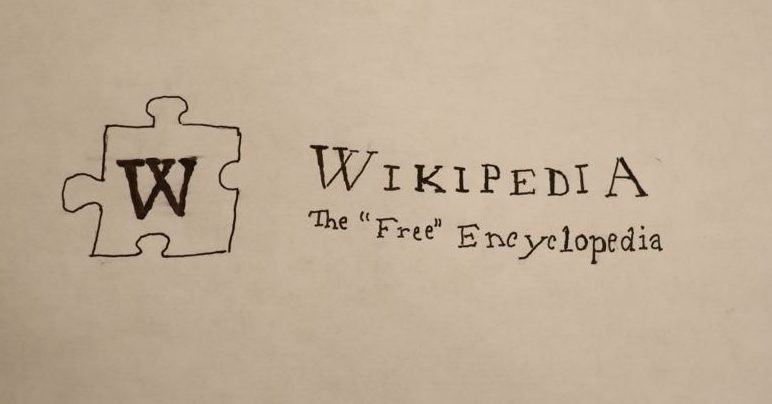From the death of Michael Jackson to the sheer amount of people owning a cell phone, a lot has changed in the past two decades. Possessing a striking resemblance to its original state in 2001, Wikipedia, run by the Wikimedia Foundation, continues to dominate the web, holding its own as one of the most visited websites in the world.
Donating to the Wikimedia Foundation continues to support the easy access of information as anyone can and most likely has benefited from the content on Wikipedia. With so much information at our fingertips, we, as Wikipedia users, are obligated to help the foundation evolve and grow.
Since Wikipedia became a non-profit through the creation of the Wikimedia Foundation in 2003, the website is free for anyone to use or contribute information to at any point in time. Wikipedia offers a quick resource where everyday people can find quick and generally accurate facts.
Many people tend to misjudge Wikipedia, labeling it as a website full of inaccurate information due to anyone being capable of editing it. That is not to say there is no vandalism associated with Wikipedia, but it is to say the foundation does not take any of the rare damage to their website lightly.
Not only is the foundation constantly working to keep its website running efficiently, but the Wikimedia Foundation itself is completely transparent as to their financials, allowing for contributors to trust where their money is going.
Most of the money goes toward the continuous behind-the-scenes work involving the technology associated with running Wikipedia, but it is equally important to note that from 2021-2022, 31% of the Foundation’s budget was given back in support to the volunteers as well as the everyday users of Wikipedia.
There is the argument that whether or not the foundation crumbles in the next few decades will not matter in the long run, but Wikipedia provides a central hub of information for the general public, which is a benefit that should not be taken for granted.
We are so used to associating non-profits with people in unfortunate situations or in need of urgent help, which although important in their own right, do not need to diminish the benefits Wikipedia brings to billions of people.
Donating time or money to Wikipedia supports everyday access to requested information, free of charge. It allows for us to know anything about any topic in a few minutes through articles which have been peer-edited by people of many different backgrounds all over the world.
The Wikimedia Foundation takes the funds donated by their users and invests them directly back into them, meaning the readers and volunteers benefit through their own donations.
Through their 20 years of work, the Wikimedia Foundation has proven to be nothing but an honest and trustworthy non-profit which works to benefit its investors and volunteers. There is no more transparent and well-intended foundation that we could choose to contribute to, and those of us with something to spare should invest in the easily accessible information that many of us have taken advantage of for far too long.
Contributing to the Wikimedia Foundation is not a donation but an investment. Through your money and donations, Wikipedia will grow, and you will reap the benefits of your own gift.
Opinions expressed in editorials are those of the writer(s). These views may not represent the adviser, The Prowler, advertisers/sponsors, the Starr’s Mill High School administration or staff , or Fayette County Public Schools as a whole. Please see our FAQs for more information pertaining to the rights of The Prowler’s staff members.


